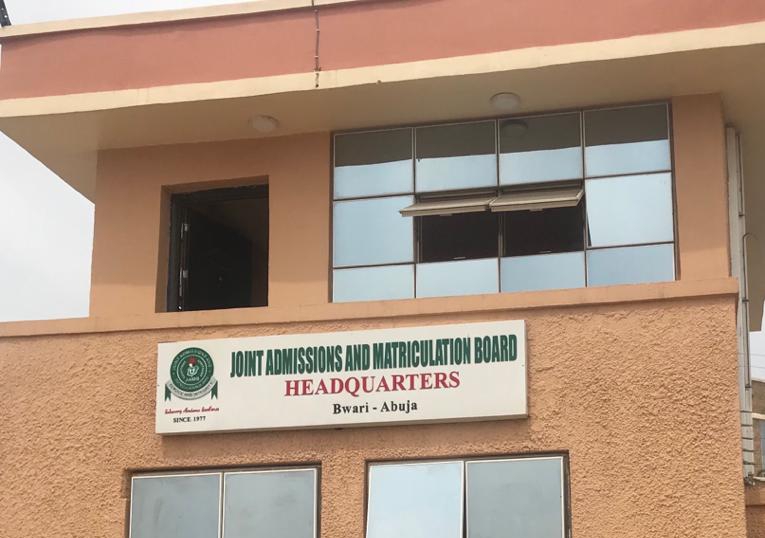European Parliament Press Kit for June 26-27 Council

The European Parliament is setting its agenda for an upcoming summit, where European Parliament President Roberta Metsola will represent MEPs' priorities. The summit, taking place in Brussels, will focus on bolstering EU competitiveness, continuing support for Kyiv against Russia's aggression, strengthening EU defence capabilities, responding to the Middle East escalation, and addressing migration and the situation in the Western Balkans. President Metsola is scheduled to address heads of state or government at 11:00 and hold a press conference around 11:45 on June 26th.
On the critical issue of EU competitiveness, Parliament has emphasized the necessity of aligning climate action with industrial strength. A recent resolution, adopted on June 19th in response to the European Commission’s Clean Industrial Deal plan, highlighted the pivotal role of the EU's new industrial decarbonisation bank in scaling up clean technology investments. MEPs also stressed the need for regulatory simplification and streamlined permitting procedures to foster innovation, particularly for small businesses. Furthermore, they support an action plan for affordable energy, advocating for enhanced cross-border energy infrastructure and the completion of the energy union. The stabilizing impact of the Recovery and Resilience Facility (RRF) during economic uncertainty was acknowledged, with MEPs noting its role in preventing internal market fragmentation and promoting economic recovery. However, concerns were raised regarding the short timeframe for RRF implementation, with 70% of milestones yet to be met. Parliament urged the Commission to establish new, flexible programs and extend ongoing mature projects by 18 months. President Metsola, in her “Europe at the crossroads” speech on May 13th, envisioned a “smarter, stronger and safer Europe,” advocating for a more realistic, self-critical, industry-supportive Europe with less regulation and more innovation to trigger an “economic boom.”
Regarding Russia’s war of aggression against Ukraine, the Parliament has maintained a strong stance. A debate on June 16th highlighted the human cost of the conflict and the urgent need to end Russian aggression, addressing the plight of illegally detained civilians and prisoners of war, and continued civilian bombings. On June 17th, MEPs extended the EU-Ukraine road transport agreement until the end of 2025, crucial for facilitating the movement of vital goods like fuel, humanitarian aid, and Ukrainian exports such as grain and steel. To further reduce EU dependency, new tariffs were backed on May 22nd, increasing duties by 50% on certain Russian and Belarusian agricultural goods, including sugar, vinegar, and flour. Parliament has also strongly condemned Russia’s “genocidal strategy,” supported by Belarus, which aims to erase Ukrainian identity through forced transfers, deportations, illegal adoptions, assassinations, Russification, and militarization of Ukrainian children, demanding their safe return and access for international organizations. On May 8th, the suspension of import duties and quotas for specific Ukrainian imports like iron and steel was renewed until June 2025, providing vital export revenues. Debates with Commission President von der Leyen and Polish Minister Szłapka on May 7th focused on the EU's contribution to achieving a just, sustainable, and comprehensive peace deal, underscoring political, financial, and military support for Ukraine and its territorial integrity.
In terms of European defence and security, MEPs outlined their expectations for the NATO summit in The Hague. Significant steps are being taken to bolster the EU's own defence capabilities, including the proposed European Defence Industry Programme (EDIP). This program, supported by committees on Industry, Research and Energy and Security and Defence, aims to strengthen Europe's defence industry, ramp up manufacturing, and increase support for Ukraine. Key measures focus on boosting the European Defence Technological and Industrial Base (EDTIB), improving the supply of weapons and ammunition, increasing production capacities, reducing lead times, and expanding stockpiles. Parliament, in a resolution adopted on March 12th, urged the EU to act urgently to ensure its security, advocating for stronger relationships with like-minded partners and reduced reliance on non-EU countries. MEPs called for “truly ground-breaking efforts” akin to wartime actions, welcoming the ReArm plan and emphasizing the need for Europe to become more resilient while supporting Ukraine. The resolution explicitly stated that “Europe is today facing the most profound military threat to its territorial integrity since the end of the Cold War” and called for lifting restrictions on the use of Western weapons against military targets on Russian territory.
The Middle East situation remains a critical concern, debated by MEPs and EU foreign policy chief Kaja Kallas on June 17th. Discussions centered on the risk of further instability following the Israel-Iran escalation, the review of the EU-Israel Association Agreement, and the ongoing humanitarian crisis in Gaza. King Abdullah II of Jordan's address to MEPs on June 17th was a highlight, where he underscored Jordan's efforts in de-escalating regional tensions, advocating for a Gaza ceasefire and hostage return, and facilitating humanitarian aid. He also emphasized unwavering support for Palestinian and Syrian refugees and a two-state solution. King Abdullah II called for global action to end the conflicts in Ukraine and the “eight-decade-long Palestinian-Israeli conflict,” asserting that Palestinians deserve rights to freedom, sovereignty, and statehood, and that the path to peace is achievable with collective will. Parliament also discussed on May 21st the EU's response to the Israeli government's plan to seize the Gaza Strip, focusing on humanitarian support and hostage liberation.
Addressing the Western Balkans, the European Parliament continues its engagement with aspiring EU member states. On June 24th, the Foreign Affairs Committee backed North Macedonia’s EU path, urging bold reforms, constitutional changes, strengthened rule of law, and a fight against corruption, stressing that accession requires political will from all parties. On June 18th, MEPs welcomed Montenegro’s goal to join the EU by 2028, calling for political stability and progress in electoral and judicial reforms, as well as combating organized crime and corruption. Montenegro was recognized as the leading candidate in the enlargement process, praised for its full alignment with EU foreign and security policy. Moldova’s exemplary commitment to EU membership was also lauded, with intensified cooperation and alignment of laws despite challenges from Russia’s war in Ukraine and Moscow’s interference. Albania’s steadfast commitment to EU accession was praised on June 4th, with calls for intensified reforms in judicial independence, combating corruption, and protecting fundamental rights. For Bosnia and Herzegovina, the Foreign Affairs Committee on June 4th urged reform and unity to advance EU accession, expressing concern over stalled progress despite the decision to open accession negotiations. Finally, on May 7th, Parliament urged Kosovo to accelerate EU-related reforms, particularly in judicial areas and media freedom, while calling on Serbia to improve internal political dialogue, protect the rule of law, fight corruption, achieve a normalisation agreement with Kosovo, and align fully with EU foreign policy, ensuring independence of key institutions.
On the topic of migration, Civil Liberties Committee MEPs supported proposals on June 18th to equip Europol and EU authorities with more tools to combat migrant-smuggling and human trafficking. This includes the formal establishment of a European Centre Against Migrant Smuggling (ECAMS) within Europol to support cross-border investigations. An agreement was also reached on May 19th for the gradual roll-out of the Entry-Exit System (EES) at the EU’s external borders. This system will register biometric data of third-country nationals for short-stay visas, aiming to enhance security, expedite border checks, and reduce queues, with a 180-day phased implementation. Furthermore, on January 15th, the Working Group on Asylum-Implementation of the Pact/CEAS began monitoring the implementation of the EU Pact on Asylum and Migration, focusing on scrutinizing the Common European Asylum System.









